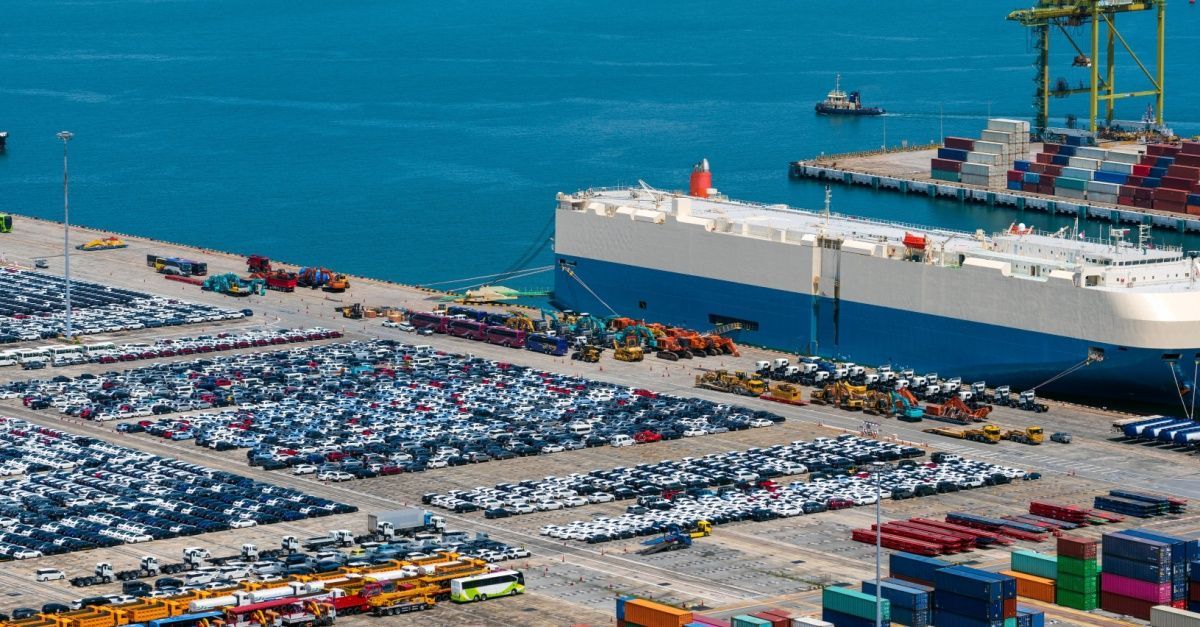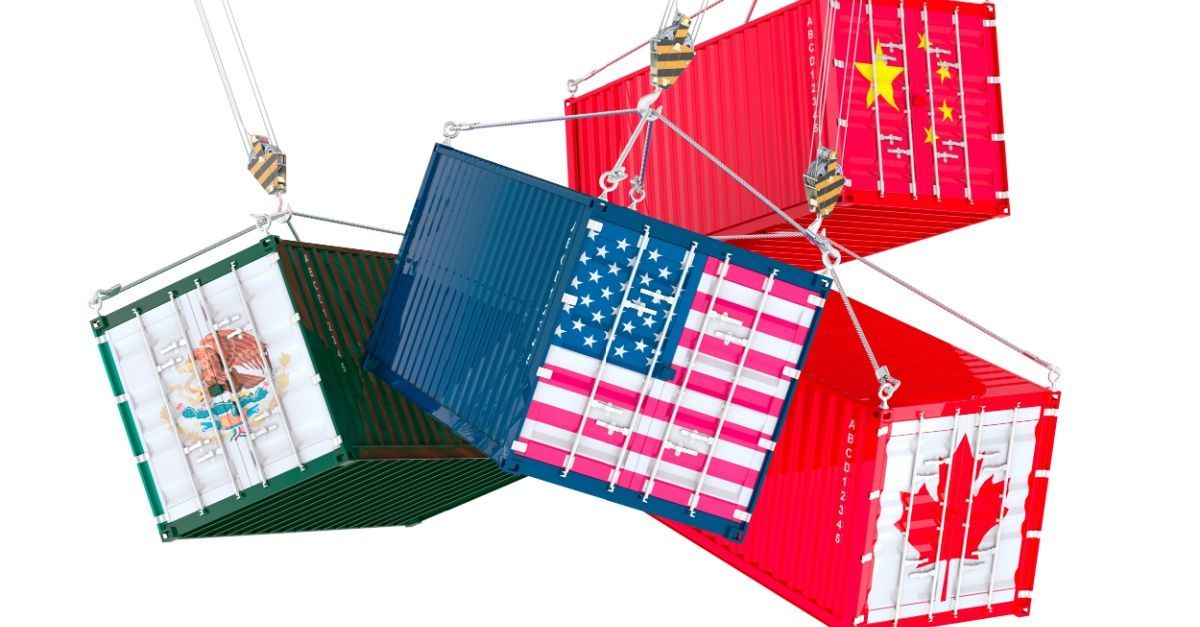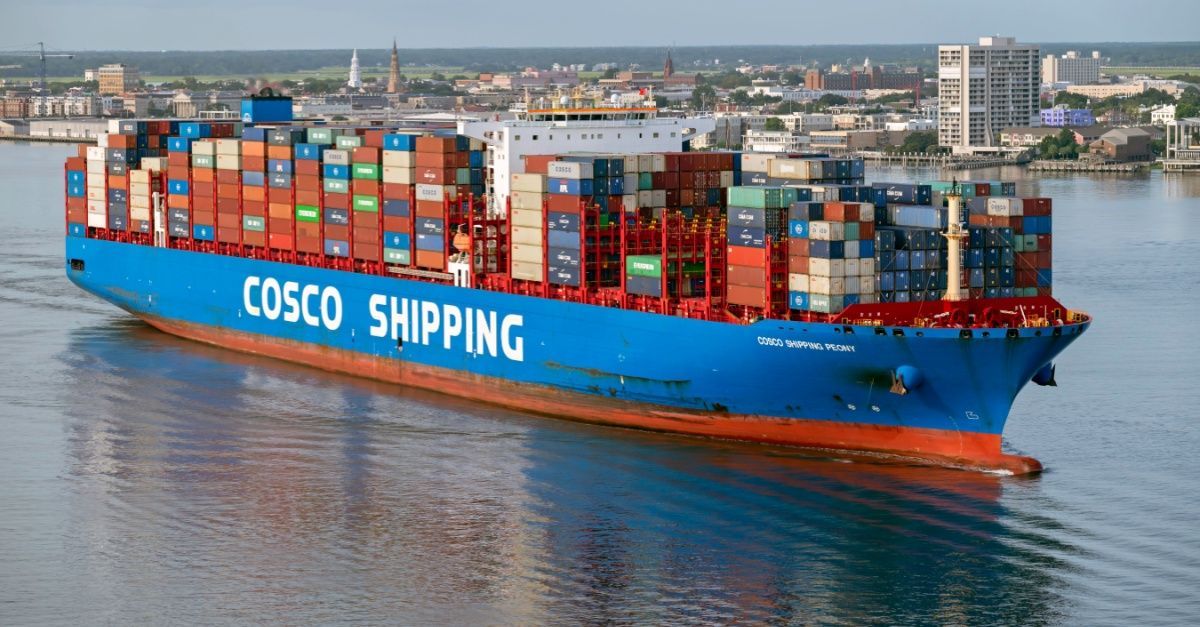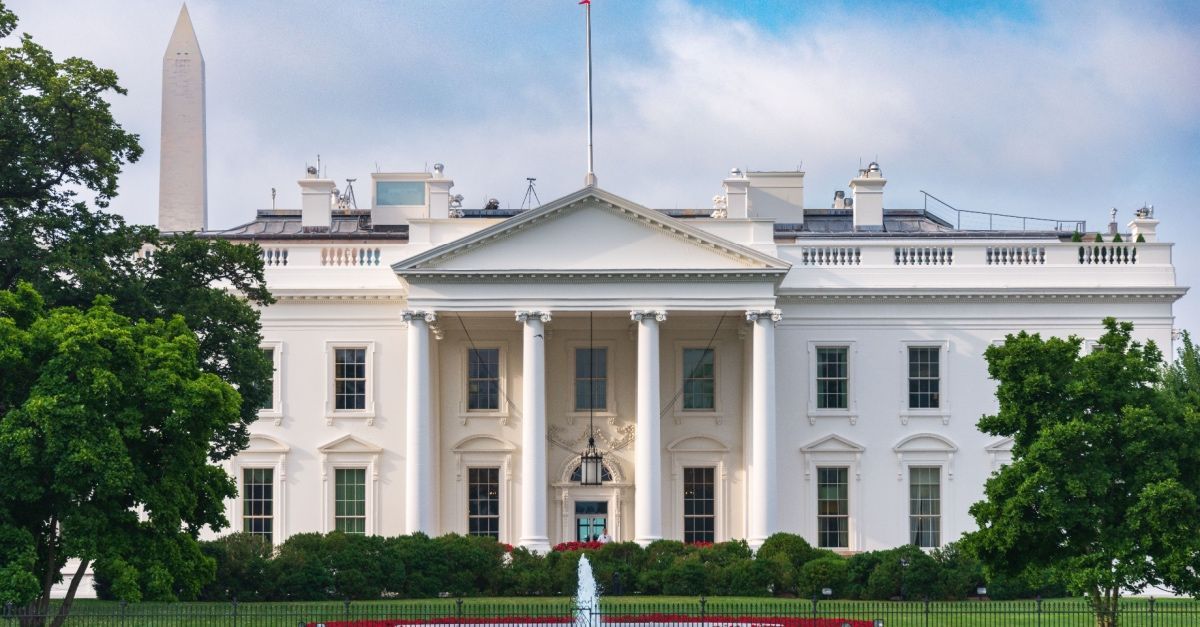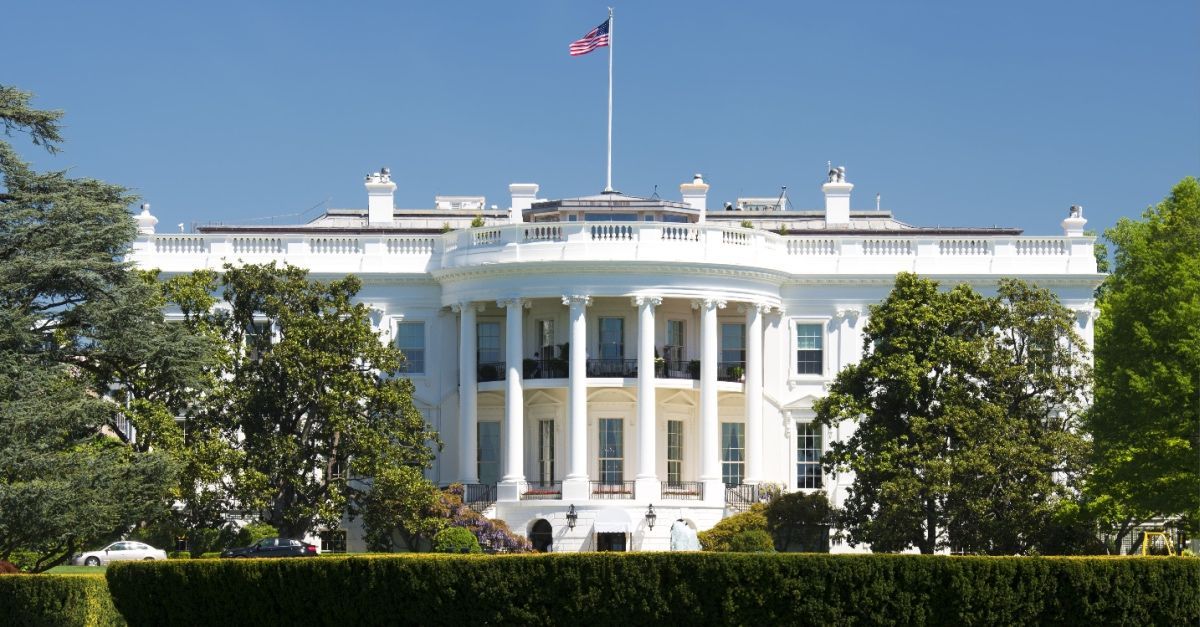Trump Taps Sean Duffy to Lead Transportation; UPS Is Fined $45M
Blog Post CTA
President-elect Donald Trump has nominated former congressman Sean Duffy as Department of Transportation secretary. If confirmed by the Senate, Duffy will be expected to usher in new policies and potentially repeal some of those that have caused tensions across the transportation industry.
UPS has been fined by the SEC for misvaluing one of its units and not following the mandated GAAP guidelines. The total fine amounted to $45 million and comes amid the CEO of the current owner being forced to defend the acquisition in a recent earnings call.
We have compiled some of the best news, trends, and updates shaping the freight world as we go deeper into Q4. Continue reading to find out all about them.
Trump Taps Sean Duffy to Lead Transportation Department
President-elect Donald Trump has nominated Sean Duffy, a former congressman and Fox Business host, as Department of Transportation secretary. Before his nomination, he was one of Trump’s top defenders.
If confirmed,
Duffy will be in charge of aviation, automotive, rail, transit, and other transportation policies at the DOT, which has a roughly $110 billion annual budget. In the coming months, he is expected to address some of the pressing concerns across the transportation world, including aviation safety, infrastructure upgrades, and emissions policy rollbacks. According to Trump’s post on social media, Duffy is well-liked across both sides of the aisle.
That likeability will hopefully give him an edge, enabling him to resolve pressing concerns as quickly as possible with little bureaucracy.
UPS Fined $45M Over Misvaluation of Freight Division Sale
UPS agreed to a $45 million Securities and Exchange Commission fine for misvaluing goodwill in its UPS Freight unit before its 2021 sale to TFI International for $800 million. The sale has proven to be a headache for both parties, so much so that the CEO of the current owner had to defend the acquisition on an earnings call.
Between the SEC and UPS, an external consultant had valued
UPS Freight at about $2 billion, but in 2019, an internal audit had valued the business at $650 million, which was $150 million less than TFI paid for it in 2021. On the part of the SEC, it found that UPS failed to follow GAAP guidelines, avoiding a necessary goodwill write-down that would have impacted reported earnings.
Following this fine, UPS has neither confirmed nor denied the findings, stating the charge was already accounted for and would not materially affect its operations.
Companies Rethink Supply Chains Amid Potential US Tariff Increases
More supply chains are being forced to rethink their operations due to potential tariffs under a Trump presidency. Many of these companies plan to reduce their reliance on countries like China, especially for U.S. inbound goods.
However, experts believe that this might come at a cost. Finding new suppliers, building new factories, and increasing labor costs and materials could be in the near future. Some impacted companies are
considering reshoring and leveraging automation, while others are considering a pivot to source materials and labor in regions with fewer trade tensions, such as other parts of Asia and Mexico.
However, all of these depend on the extent of the new administration’s tariff and trade policy plans. A less extreme stand will mean the supply chains can continue business as usual.
Landmark Trucking Cases Highlight Industry Challenges with Nuclear Verdicts
The Texas Supreme Court is set to hear oral arguments in Werner Enterprises’ appeal of a more than $100 million nuclear verdict stemming from a 2014 crash. Attorney Matthew Leffler described it as the most critical case for the trucking industry, highlighting the verdict’s implications for insurance costs and operational risks.
The case is similar to one in Alabama, where a major verdict was issued against Wabash National ($460 million) and Daimler Truck North America ($160 million), underscoring concerns about escalating liability in the freight industry. These cases stress the need for heightened vigilance and potential regulatory reforms to address disproportionate judgments.
Trump Nominates Billionaire Howard Lutnick for Commerce Secretary
President-elect Trump continues to populate his cabinet. One of his most recent nominations is that of Wall Street billionaire Howard Lutnick, CEO of Cantor Fitzgerald, as secretary of the Commerce Department. Lutnick has rich experience and will be saddled with enforcing Trump’s pledge for an aggressive trade agenda.
Lutnick will oversee trade policies,
including proposed tariffs potentially rising up to 60% on Chinese imports and 20% on others. He is a huge supporter of onshoring, clean energy production, and reducing government spending. Industry groups like the National Retail Federation welcomed his nomination, emphasizing collaboration on economic growth and domestic manufacturing.
The move continues Trump’s pattern of appointing Wall Street executives to key roles.
Trump’s Tariff Plan to Disrupt US Trade, Spur Costly Supply Chain Reshuffling
According to trade analyst Mary Lovely, President-elect Trump’s proposed tariffs, potentially ranging from 10% to 60%, could significantly disrupt U.S. trade flows. During a Port of Los Angeles briefing, Lovely highlighted potential reductions in imports and exports due to higher costs for U.S. manufacturers and supply chain adjustments.
She foresees shifts in global supply chains, with some companies creating U.S.-focused production systems and others avoiding the market altogether. While the administration’s focus on reshoring could create jobs, Lovely expressed skepticism about the quality and sustainability of these positions. Increased tariffs could raise consumer prices, slow the economy, and reduce competitiveness for U.S. manufacturers. Supply chain managers are hesitant to invest amid the uncertainty, further delaying reindustrialization efforts.
Lovely predicted
tariffs might be implemented gradually in mid-2025, targeting goods like electronics. Trade partners such as Mexico and Canada will also face scrutiny under renegotiated agreements like the United States-Mexico-Canada Agreement (USMCA). Meanwhile, U.S. exporters may suffer from retaliatory measures, jeopardizing their global standing and employment in manufacturing sectors.
Slow Recovery Expected for Freight Market Amid Economic Adjustments
Bob Costello, the American Trucking Associations’ chief economist, predicts gradual improvement in the freight market as equipment supply and demand rebalance. At the ATA Management Conference, he highlighted manufacturing’s weak performance and private fleets’ impact on for-hire trucking recovery.
He also mentioned the industry’s battle with high interest rates and shifts in consumer behavior toward services. While the broader economy shows resilience, the freight sector faces hurdles like collapsed spot rates and competition from private fleets. Costello sees interest rate adjustments as a positive influence, though stagflation, excess capacity, and rising costs remain hurdles.
Costello
expects moderate recovery but warns of persistent challenges due to rising operational costs and structural shifts in freight demand.
Navigating Volatility in the Trucking Market with Entourage Freight Solutions
Trucking rates have reached historic lows, presenting shippers with an opportunity to secure competitive pricing in both contract and spot markets. However, these low rates signal market instability, with carriers striving to recoup costs and remain operational.
In this dynamic environment, shippers need reliable freight management services and access to real-time data to stabilize operations and maintain supply chain efficiency.
Entourage Freight Solutions offers services to help shippers thrive in an ever-changing logistics landscape. We ensure your shipments are handled precisely and with care by providing critical insights and dependable support. Our key services include:
LTL (Less-than-Truckload) Solutions: Gain on-demand access to capacity and real-time updates, providing confidence and efficiency in high-stakes logistics.- Freight Management: Streamline your inbound and outbound logistics with tools that monitor market capacity, deliver automated notifications, and keep your team informed and organized.
- Refrigerated Transport: Safely transport goods, from raw materials to finished products, with temperature-controlled expertise to ensure timely delivery and optimal quality.
Request a quote today and discover how Entourage Freight Solutions can support your freight movement and supply chain needs. Get in touch to learn more about our comprehensive logistics services and how we can help you easily navigate today’s volatile market.

